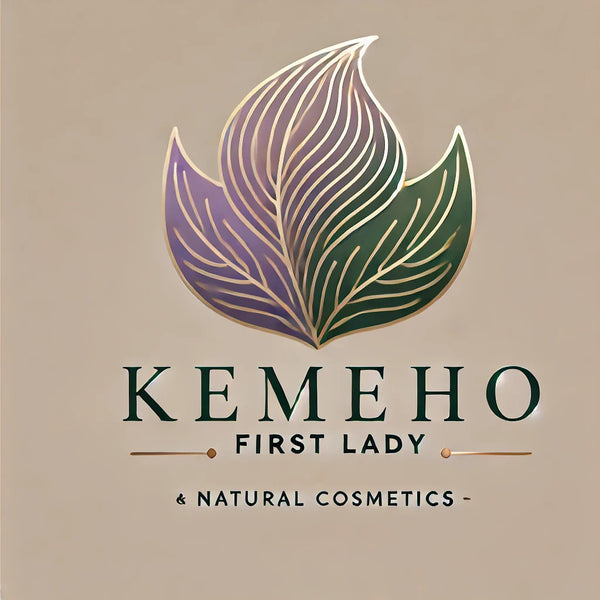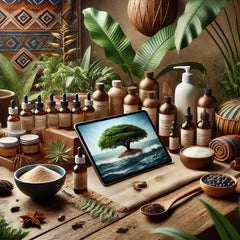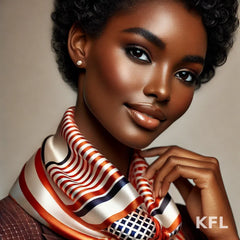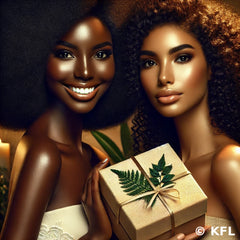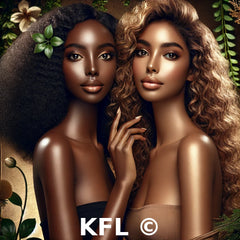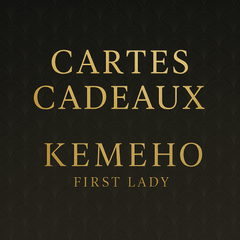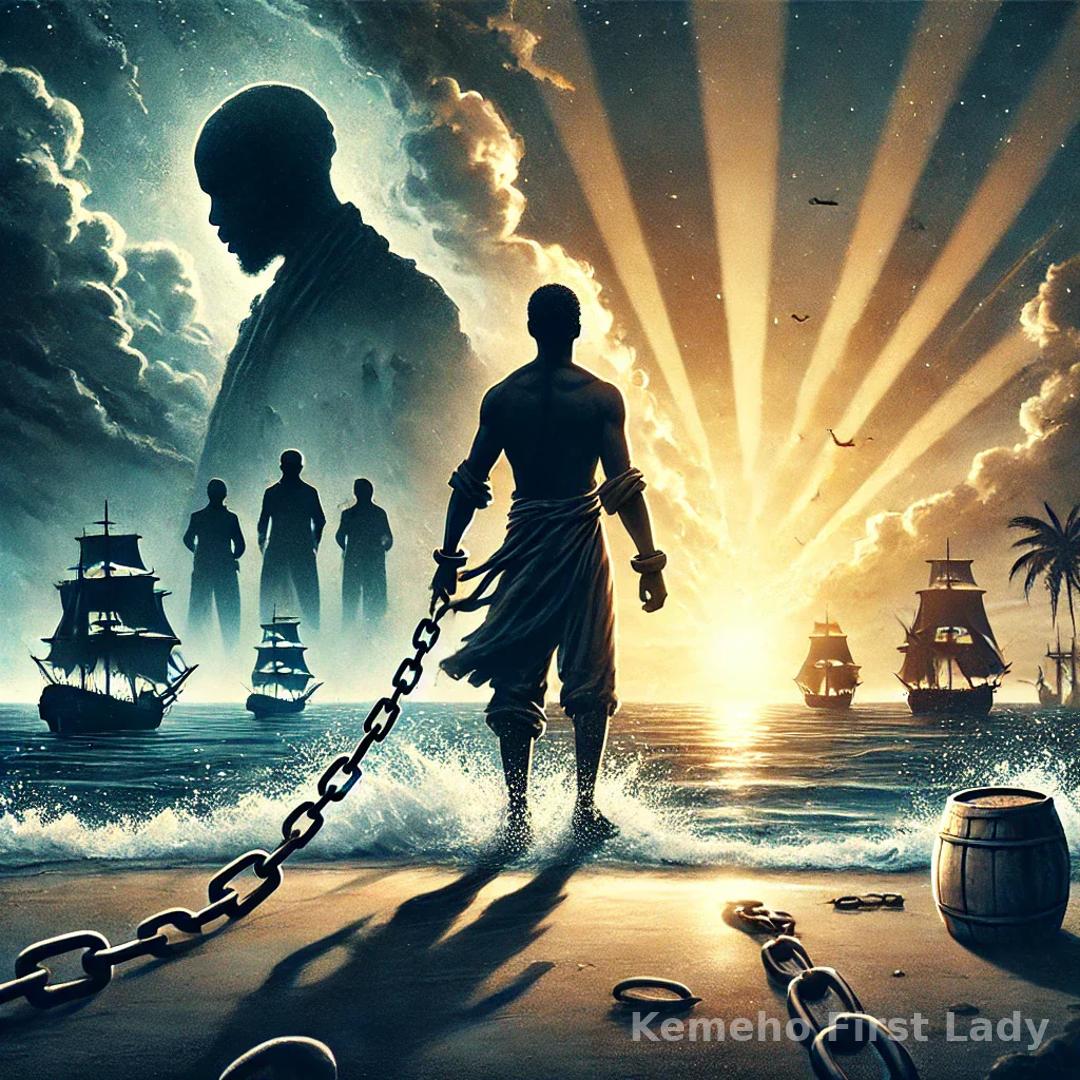
I Was a Free Man on the Land of My Ancestors, and I Became a Slave
Share Label
Introduction: A Duty of Remembrance
This article aims to preserve memory and inform about a dark chapter in human history. Far from being just a narration, it seeks to make readers feel the emotions and trials endured by millions of men, women, and children reduced to slavery.
This is not fiction—this story is based on historical facts, described with the strength of testimony and immersion. It aims to raise awareness, educate, and honor the resilience of those who endured the unimaginable.
⚠️ Content Warning: This article deals with sensitive topics related to slavery and may be distressing to some readers. It is intended for education and reflection.
Somewhere in Africa, 18th century.
I was running. My bare feet pounded against the red earth of my village. My breath was short, my legs trembling. They had come.
The sky seemed to burn, smoke rose from the huts set aflame. The screams of my brothers and sisters echoed through the night. They took us like they captured beasts, ropes tightening around our necks and wrists. My hands could no longer touch the land that had birthed me. I was no longer a man.
The Door of No Return
We walked for days, under an unforgiving sun. Hunger, thirst, fear… Then, I saw it. The sea. Immense, endless. Before it stood an arch of stone. The Door of No Return.
Around me, other chained captives—children with hollow eyes, mothers without tears. The weakest fell, left to die under the sun.
They forced us into a fortress. In the darkness of the cells, the stench of urine, sweat, and blood choked me. We were merchandise.
Then, they pushed us toward a ship. The slave ship.
The Journey Through Hell
I never saw the sky again. Only wooden planks above me, wood all around.
We were crammed in the lower deck, packed like livestock. Iron shackles bound our ankles and wrists. The sea roared. The stench of disease and death filled the air. We could not move. We could barely breathe.
Some coughed, others vomited. The weakest burned with fever. When a body became too cold, too weak, the slavers opened a hatch and threw it into the sea. We could hear the sharks.
Sometimes, one of us screamed, calling for their mother, their god, their homeland. The whip answered.
I wanted to die. But death refused me.
The Auction Block
The ship reached land. A foreign soil.
They brought us out into the light. Our eyes burned with pain. Chains still on our feet, iron still scorching our skin.
On a platform, white men examined us. They touched us, opened our mouths like inspecting cattle. “Strong. Enduring. Good for the fields.” I was a product.
They sold me.
The Plantation
Dawn brought orders. The whip cracked before the sun even rose.
The fields stretched as far as the eye could see. Cotton tore at our fingers. Sugarcane burned our skin.
“Faster!”
A slave collapsed. They raised him back up with lashes. I learned not to look.
In the master's house, some had more privilege. The lighter-skinned women worked indoors, their hands never touching the soil. But they touched the master's bed.
The nannies, the maids… They smiled before him. But at night, they cried.
The Hope of Freedom
Every night, my chains reminded me of what I had become. But my heart refused to forget. I still dreamed of the warm African wind, the songs of my village, my mother’s embrace.
One day, these chains will fall. One day, my people will walk free.
But that day has not yet come.
